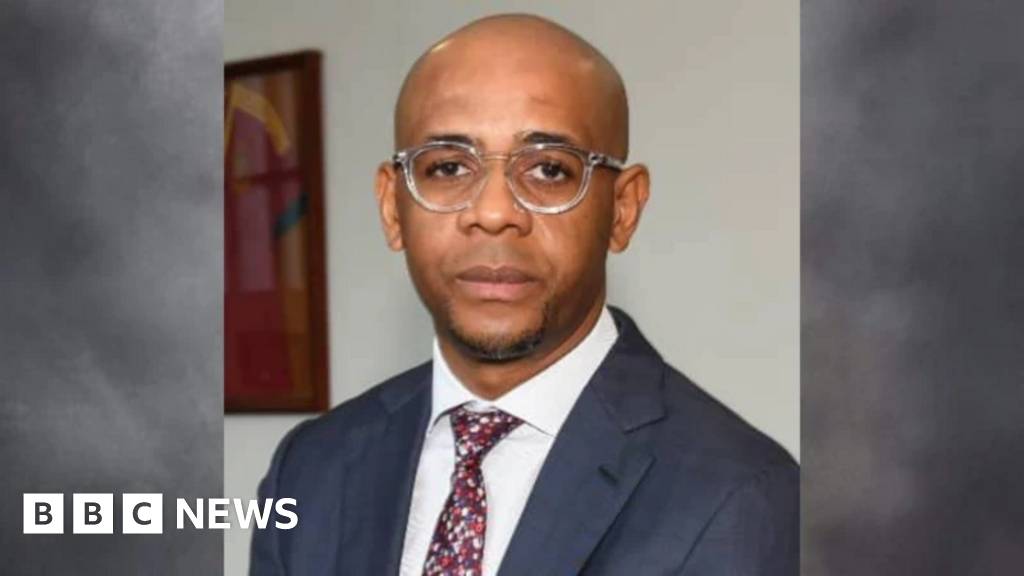
Equatorial Guinea’s vice president, along with his mother, are suspected of removing anyone viewed as a threat to his presidential aspirations, including Gabriel Obiang Lima, President Obiang’s son from another wife and former oil minister. This scenario is common in the country’s elites circles, who are presumed to keep secrets about each other and sometimes use videos to embarrass political rivals.
Accusations of coup plotting are common, adding to an already fragile political climate. Notably, the current scandal has been interpreted as a potential pretext to clamp down on social media, a vital source of information inside the country. The vice president, previously convicted of corruption in France, is striving to be seen as a corruption warrior at home.
However, attempts to contain the spread of the controversial clips have proved futile despite the implementation of more stringent measures, such as the installation of CCTV cameras in government offices. The vice president declared that officials found to be engaging in sexual acts at work would be suspended for violating the code of conduct.
The scandal has attracted significant international attention, as evidenced by a surge in Google search queries about the country. Yet, some activists express frustration, asserting that the country is plagued with more serious issues than a sex scandal. To them, the scandal is merely symptomatic of a broader systemic corruption problem.



